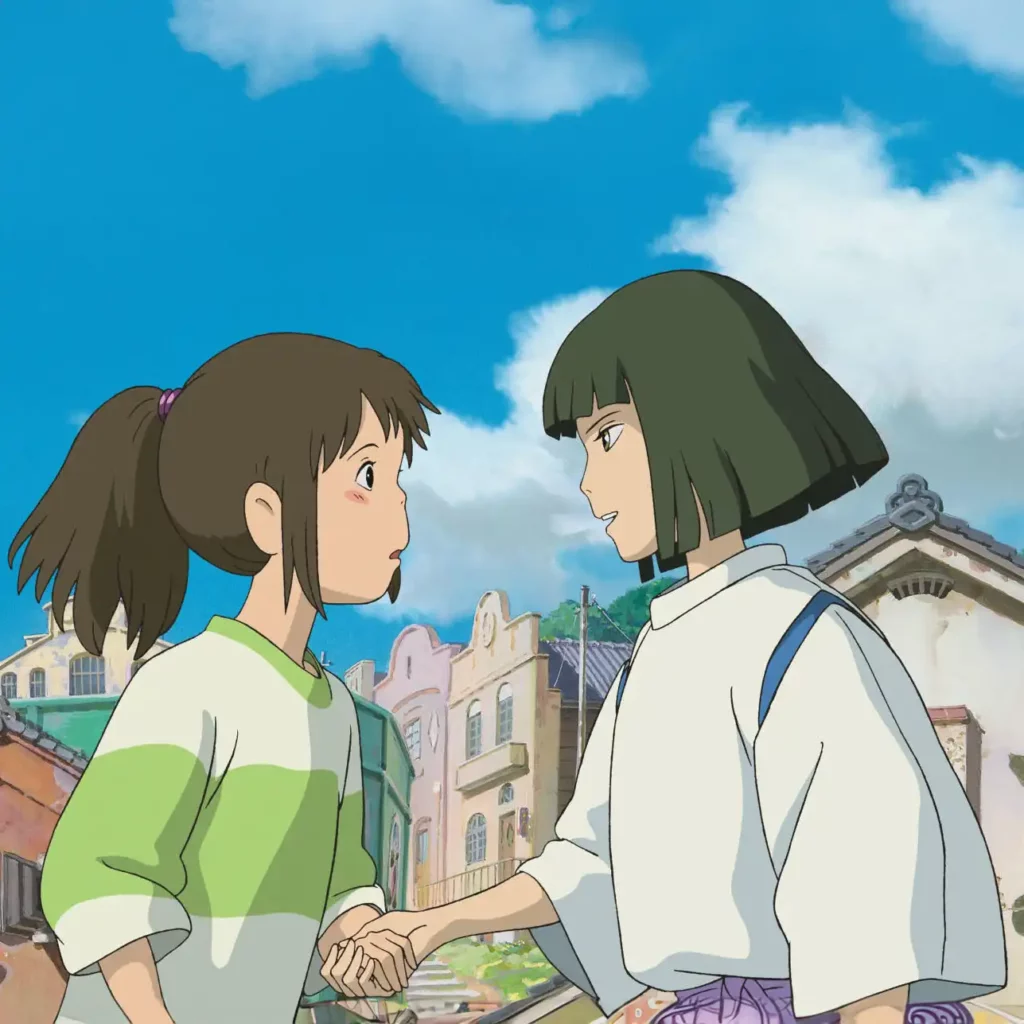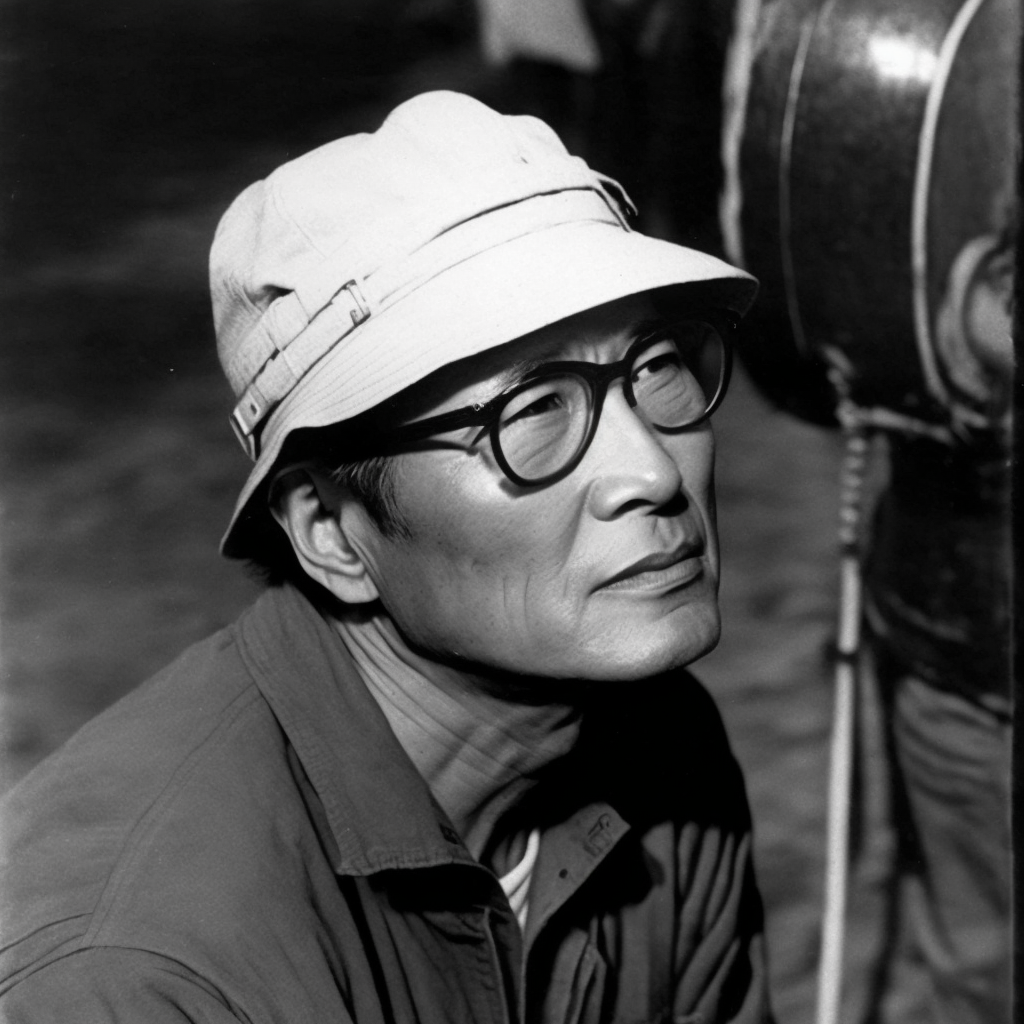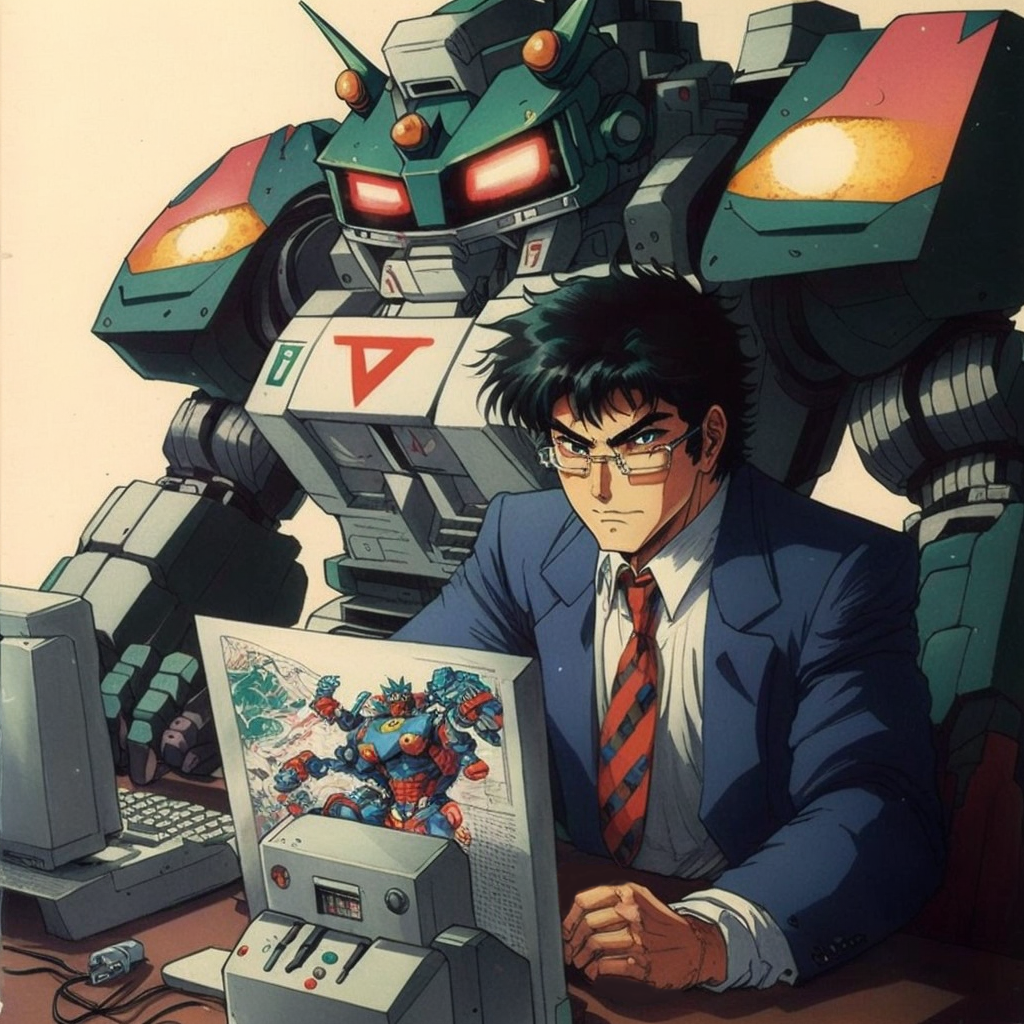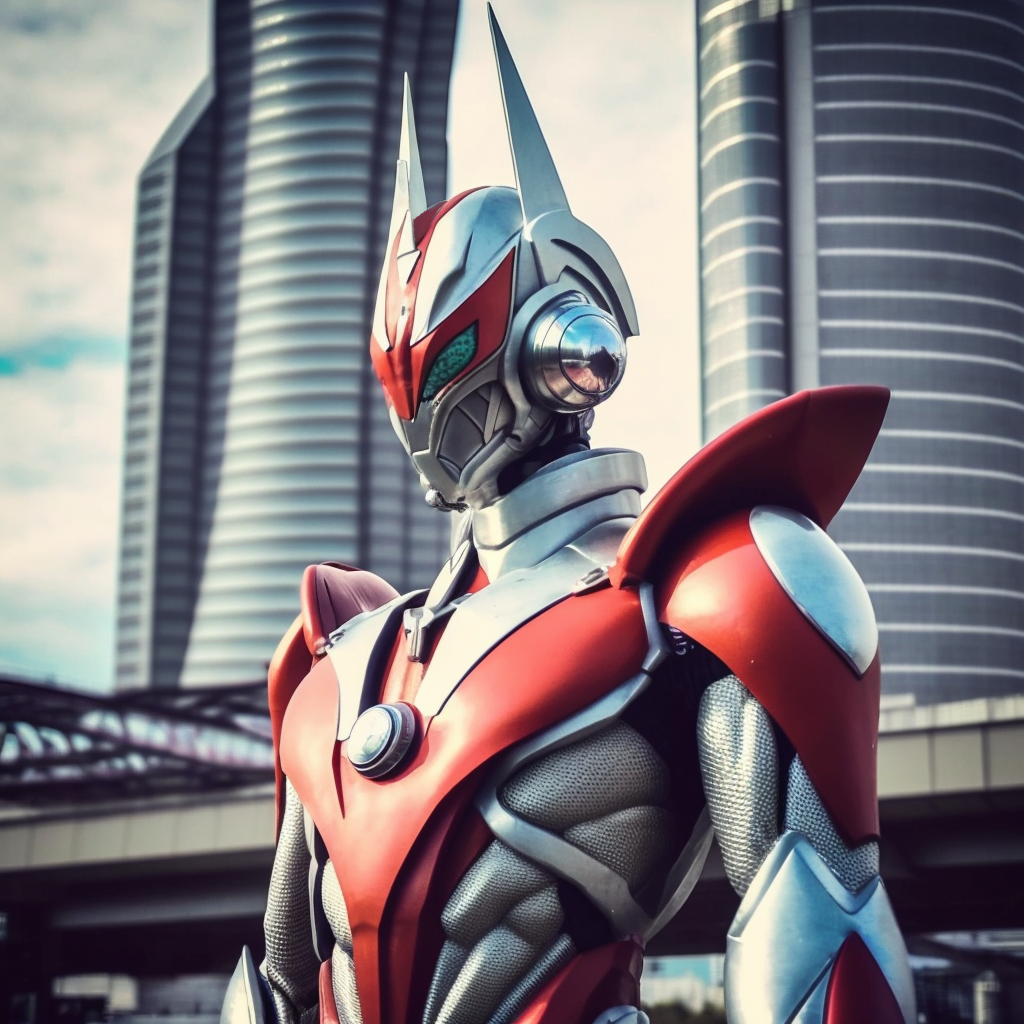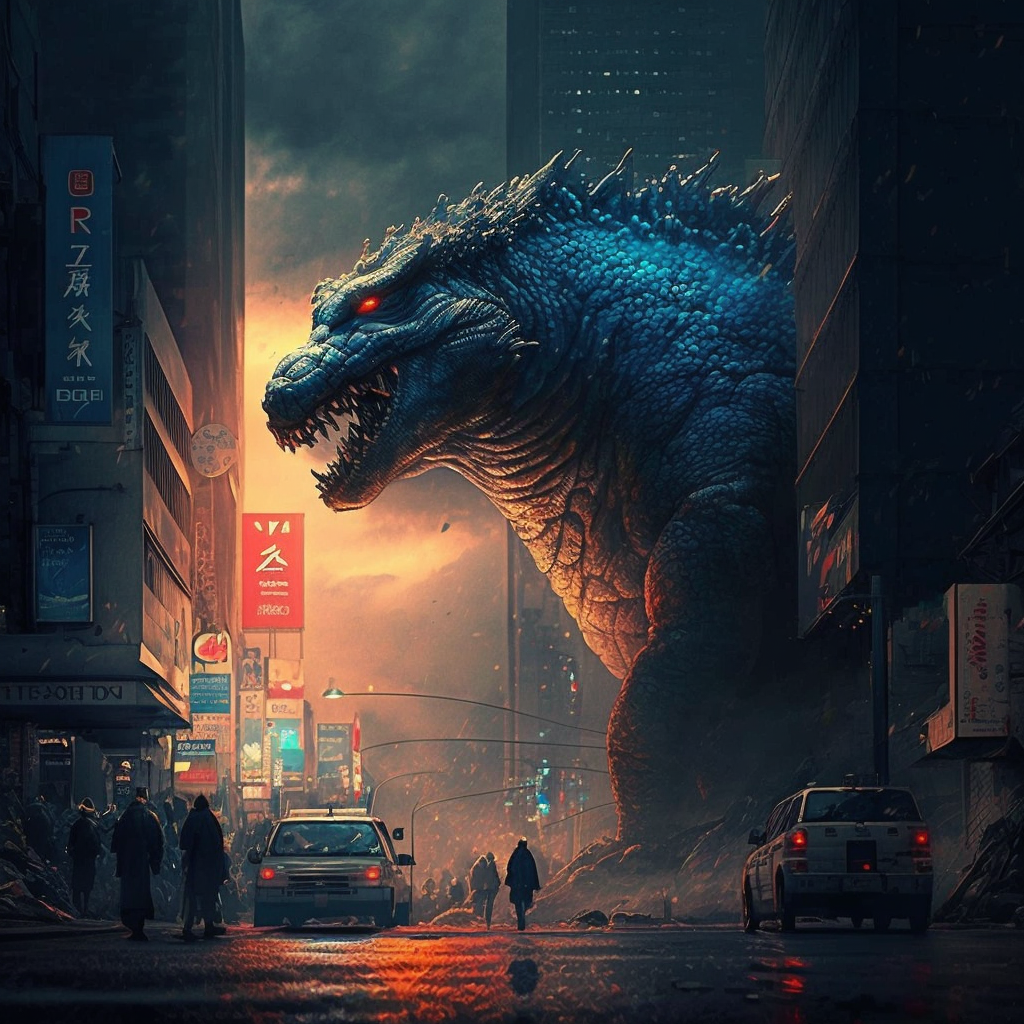“Spirited Away” (千と千尋の神隠し, Sen to Spirited Away no Kamikakushi) is a masterpiece of Japanese animation. Its director is Hayao Miyazaki. It is produced by Studio Ghibli. Released in 2001, this film has captured the hearts of millions of spectators around the world. It has received numerous awards, including the Academy Award for Best Animated Film in 2003.
Synopsis
The film tells the story of Chihiro Ogino, a 10-year-old girl. She accidentally finds herself in a mysterious and magical spirit world after her parents are transformed into pigs by a witch named Yubaba. Alone and afraid, Chihiro must find the courage to save her parents and return to the human world. To achieve this, she takes a job in Yubaba’s bathhouse. There she encounters a variety of strange and fantastic creatures.
Themes and Symbolism
“Spirited Away” is rich in symbolism and addresses universal themes. Such as coming of age, loss and recovery of identity. As well as the confrontation with reality and responsibilities. The transformation of Chihiro’s parents into pigs symbolizes the criticism of consumer society. While the character of No-Face represents the dangers of greed and loneliness.
The film also highlights the importance of memory and personal identity. Chihiro must remember her name to avoid being trapped in the spirit world. A poignant reminder of the importance of knowing who we are to navigate the world.
Animation and Music
Spirited Away is famous for its smooth and detailed animations, hallmarks of Studio Ghibli. Each scene is painstakingly hand-drawn, offering a level of detail and visual beauty rarely matched. The soundtrack, composed by Joe Hisaishi, plays a crucial role in accentuating the mystical and emotional atmosphere of the film. Hisaishi’s sublime melodies perfectly accompany Spirited Away’s journey, adding an extra dimension to the cinematic experience.
Reception and Impact
Since its release, critics and audiences alike have acclaimed “Spirited Away.” It not only won the Oscar for best animated film, but also the Golden Bear at the Berlin Film Festival in 2002. This is a first for an animated film. Its commercial and critical success helped popularize Japanese animation internationally. This film cemented Miyazaki’s reputation as one of the greatest animation directors of all time.
The film continues to inspire generations of viewers and creators. It remains a must-see for cinema lovers around the world.

